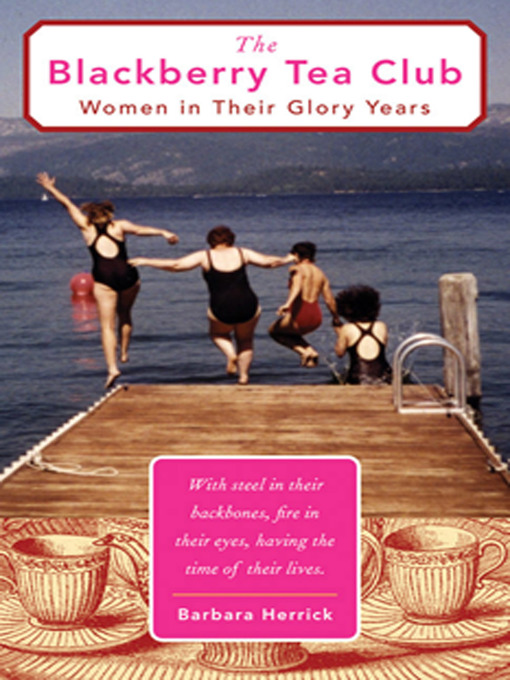Mid-life crisis is not a crisis-it is a passage into joy. This was the essential truth discovered by the four women of a certain age, founding members of the Blackberry Tea Club, which began as late-night conversations while sipping blackberry tea with a little kick added. Those conversations about children, men, jobs, weight, clothes, food, travel, gossip, politics, medicine, healing, spirituality, adventure, and books grew slowly, beautifully into the Blackberry Tea Club and the discovery of the Glory Years.
The Blackberry Tea Club weaves together essays, stories, and poetry, celebrating mid-life in all its silliness, sorrow, and glory. Bottom line: middle age is much more than menopause. These are the Glory Years for women, years that bring about the expansion and reorganizing of the mind, heart, and spirit, and the birthing of a larger self of immense compassion, intellect, will, spirit, love, and capability.
Divided into five parts, each one explores different themes: 1. Seeing mid-life crisis as an adamant search for joy; 2. Discovering opportunities for women to appreciate their bodies; 3. Exploring multiple facets of love; 4. Letting go of the bad stuff to relish "what light there is."
The Blackberry Tea Club offers stories of adventure, food, spirit, and the community of women in their Glory Years.


